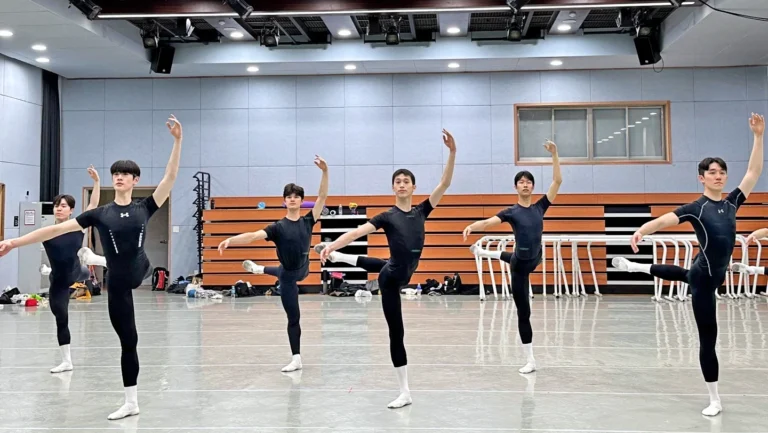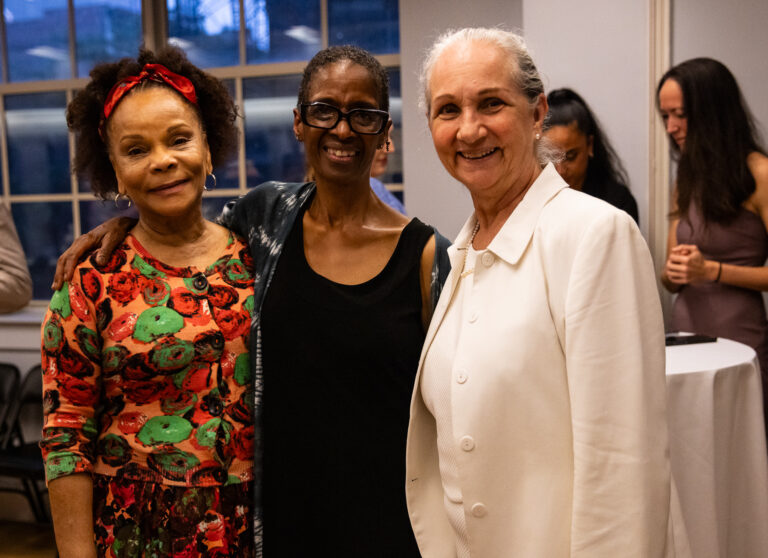
The International Association of Blacks in Dance is digitizing recordings of significant, at-risk dance works, master classes, panels and more by Black dancers and choreographers from 1988 to 2010. The project is the result of a $50,000 Recordings at Risk grant from the Council on Library and Information Resources.
“This really is a long time coming,” says IABD president and CEO Denise Saunders Thompson of what IABD is calling the Preserving the Legacy and History of Black Dance in America program. “And it’s really just the beginning stages of pulling together the many, many contributions of Black dance artists who are a part of the IABD network.” Thompson says IABD is already working to secure funding to digitize even more work.
IABD selected sources for the first round of the project based on what member organizations and choreographers had available and what Thompson calls “important landmarks and periods within the Black dance sector.” They include recordings from companies like Cleo Parker Robinson Dance, Philadanco!, Lula Washington Dance Theatre and Dallas Black Dance Theatre. (Larger dance organizations like Alvin Ailey American Dance Theater and Dance Theatre of Harlem may be approached in the future.)
In all, 299 recordings will be included in this round, and participating IABD members will be able to submit a variety of materials for digitization. IABD won’t be judging the artistic quality of the works, says Thompson: “We’re not getting that deep with it; we’re letting people self-select.” But the video or audio quality of the material will be a determining factor.
The digitized recordings of Betamax, VHS and audio cassette tapes will be made available to the public for viewing and study through IABD’s website, as well as the Moorland-Spingarn Research Center at Howard University’s online archive, Digital Howard. IABD will also post videos on its YouTube channel.
For Thompson, the significance of this project goes beyond preservation. “Our narrative is not really included in the history books,” she says. “It’s not really included in the academic papers. So we’re bringing it to light.”




